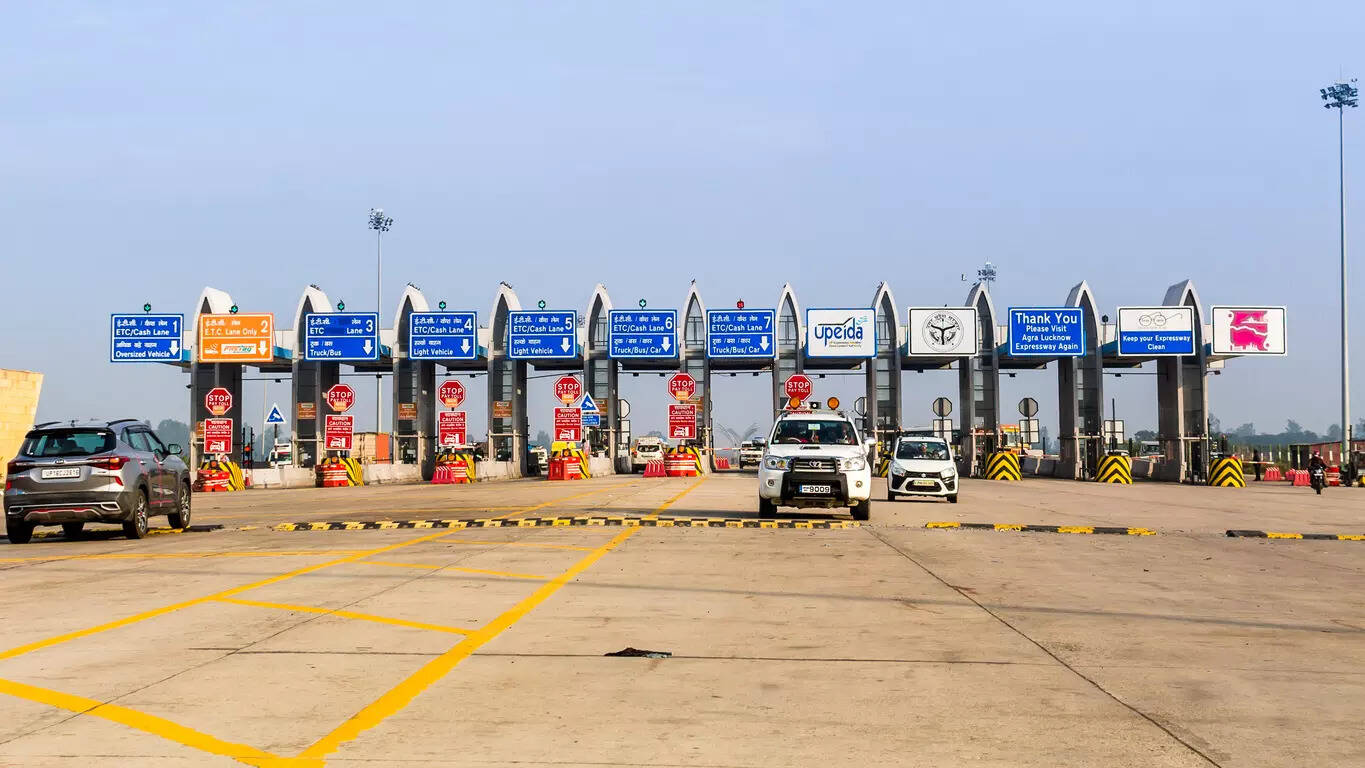The government is in the process of rolling out an enhanced system based on Automatic Number Plate Recognition (ANPR) technology, in order to facilitate the implementation of the new toll policy.

Under a new toll policy which is currently being formulated, the Ministry of Road Transport and Highways is mulling over a framework wherein users of India’s highways and expressways can pay charges based on per km basis rather than existing norm of paying a predetermined toll fee.
Currently, toll fee is paid on a fixed amount based on the length of stretch under one road project which is normally 60 km, as per the National Highways Fee (Determination of Rates and Collection) Rules, 2008.
“Under the new toll policy, the government is exploring ways to enable users to pay toll based on per km of usage of highways and expressways. In the existing system, users pay a fixed toll irrespective of whether they use the highway stretch for a few km or for the entire length,” a senior government official, aware of the development, told ET Infra. The Minister for Road Transport and Highways Nitin Gadkari had reportedly stated that under the new system, the requirement of physical toll plaza for collection may not be needed.
The country in the last few years has seen the deployment of FASTag, a device that employs Radio Frequency Identification or RFID technology for making cashless toll payments without having to stop at toll booths. The government is now in the process of rolling out an enhanced toll system which will be based on Automatic Number Plate Recognition (ANPR) technology, in order to facilitate the implementation of the new toll policy.
“The idea is to ensure that there is no pilferage and revenue loss to the government,” said the official, adding that the new system may incorporate satellite tracking technology as well. The Minister for Road Transport and Highways had reportedly stated that under the new system the requirement of physical toll plaza for collection may not be needed. According to the Ministry of Road Transport and Highways, the ANPR-FASTag-based Barrier-Less Tolling System will be implemented at selected toll plazas. The system will enable vehicles to be charged based on their identification through high performance ANPR cameras and FASTag Readers, without needing to stop at the toll plazas. In case of non-compliance, e-notices will be served to the violators, non-payment of which may result in suspension of FASTag and other related penalties. “This can be considered as a proactive initiative adopted by the government to adopt a barrier-less tolling system..it will result in seamless toll collection, reduce travel time, eliminate stoppage time at toll plazas, especially during peak traffic hours,” said Jagannarayan Padmanabhan, Senior Director & Global Head, Crisil Intelligence.
Existing Concessionaire Agreement
Currently, private companies or entities engaged in the construction and maintenance of highways and expressways are allowed to collect tolls and recover their investment under a concession agreement.
The official highlighted that under the new toll policy, it is being mulled that revenue be shared with the concessionaire through a centralised pool.
“As the toll collection will become automatic without any intervention at the toll plazas, it is being contemplated that the revenue will be shared with the various concessionaires through a centralised pool by the central government, so that there is no revenue loss to them even if the user is being charged on a per km basis and not a fixed standard rate,” the official said.
The official highlighted that under the existing system there are instances wherein the private operator does under-reporting of revenue generated via toll and the new system is aimed at stopping such acts.
Padmanabhan highlighted that if the new policy transfers the risk of default payments to the concessionaires, then they must bear the risk.
“There will be no significant adverse impact on the existing concession agreements on toll collections as the technology will promote barrier free tolling systems, which will result in smooth traffic flow and enhanced revenues. However, if the policy transfers the risk of default payments to the concessionaires, they must bear the risk of delayed payments until the default is cured,” said Padmanabhan.
According to a statement from the Ministry of Road Transport and Highways, the National Highways Authority of India has invited bids for the implementation of ‘ANPR-FASTag-based Barrier-Less Tolling System’ for installation at select toll plazas and based on the performance, efficiency, and user response to this system, a decision will be made regarding its implementation across the country.
Join the community of 2M+ industry professionals
Subscribe to our newsletter to get latest insights & analysis.




